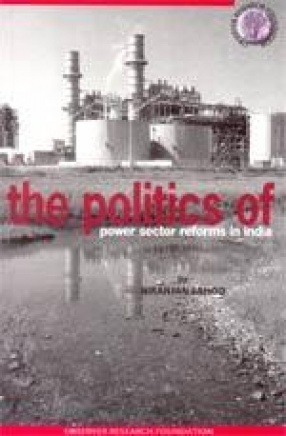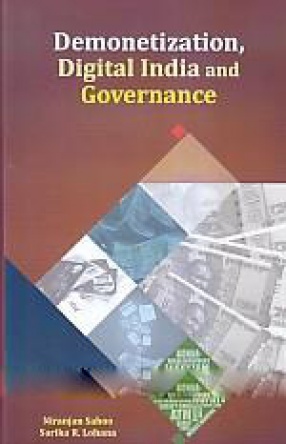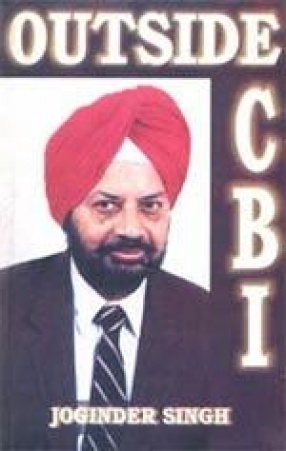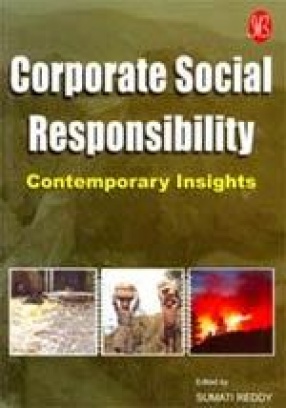This paper is analytically organized to develop an understanding of the political economy of the power sector, as it stands today, by analyzing the interface between politics, markets, interested parties and other various players that have determined the agenda of this sector. The paper looks at different phases -from politics during the era of one-party domination, through the transition period leading to reforms, and, finally, to the reforms phase. Given its multiple objectives of uncovering diverse processes and dynamics, the paper follows twin paths: historical as well as narrative. The primary sources of the narrative are interviews with officials and others involved with power sector, Acts, Statutes, Government announcements, resolutions, press releases, speeches, parliamentary debated, planning Commission and reports of various ministries, and other such official documents. The secondary sources of information are largely books, newspapers, journals, articles, reviews, websites and so on. The main focus of the paper is to study the different processes that led to ‘political capture’ of the power sector and simultaneously to look critically at reform attempts to change the process. Besides, the paper will evaluate the role politics played in perpetuating and advancing reform goals. It attempts to shed light on the circumstances, actor and forces (including political players and interest groups) that guided the reform processes and to unearth the potential areas of conflict or political hazards on the reform path. lastly, it will outline certain broad parameters for future reform measures.
The Politics of Power Sector Reforms in India
In stock
Free & Quick Delivery Worldwide
reviews
Bibliographic information
Title
The Politics of Power Sector Reforms in India
Author
Edition
1st ed.
Publisher
Pentagon Press, 2007
ISBN
818274301X
Length
iv+60p., Notes; References; 23cm.
Subjects







There are no reviews yet.